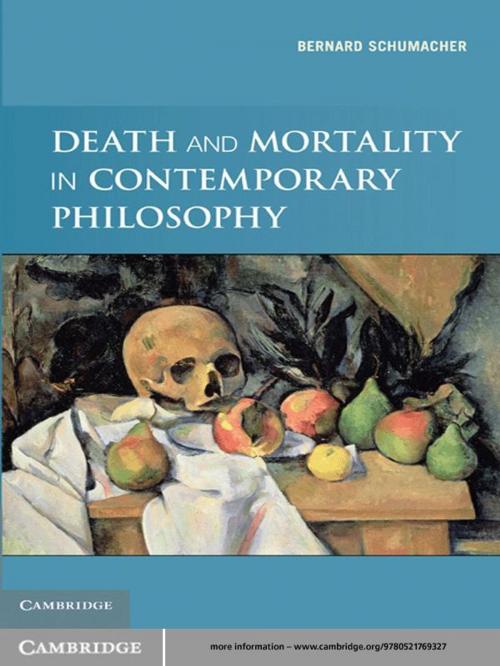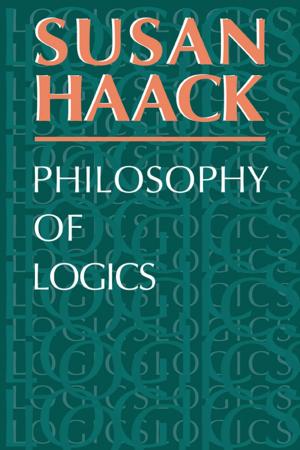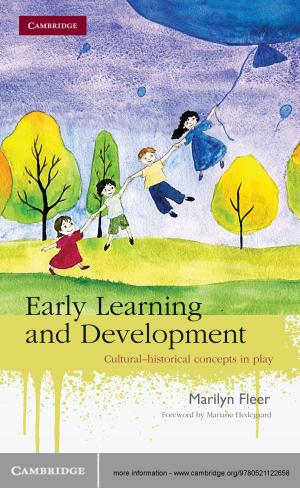Death and Mortality in Contemporary Philosophy
Nonfiction, Religion & Spirituality, Philosophy, Ethics & Moral Philosophy, Social & Cultural Studies, Social Science| Author: | Bernard N. Schumacher | ISBN: | 9780511850851 |
| Publisher: | Cambridge University Press | Publication: | September 30, 2010 |
| Imprint: | Cambridge University Press | Language: | English |
| Author: | Bernard N. Schumacher |
| ISBN: | 9780511850851 |
| Publisher: | Cambridge University Press |
| Publication: | September 30, 2010 |
| Imprint: | Cambridge University Press |
| Language: | English |
This book contributes to current bioethical debates by providing a critical analysis of the philosophy of human death. Bernard N. Schumacher discusses contemporary philosophical perspectives on death, creating a dialogue between phenomenology, existentialism and analytic philosophy. He also examines the ancient philosophies that have shaped our current ideas about death. His analysis focuses on three fundamental problems: (1) the definition of human death, (2) the knowledge of mortality and of human death as such, and (3) the question of whether death is 'nothing' to us or, on the contrary, whether it can be regarded as an absolute or relative evil. Drawing on scholarship published in four languages and from three distinct currents of thought, this volume represents a comprehensive and systematic study of the philosophy of death, one that provides a provocative basis for discussions of the bioethics of human mortality.
This book contributes to current bioethical debates by providing a critical analysis of the philosophy of human death. Bernard N. Schumacher discusses contemporary philosophical perspectives on death, creating a dialogue between phenomenology, existentialism and analytic philosophy. He also examines the ancient philosophies that have shaped our current ideas about death. His analysis focuses on three fundamental problems: (1) the definition of human death, (2) the knowledge of mortality and of human death as such, and (3) the question of whether death is 'nothing' to us or, on the contrary, whether it can be regarded as an absolute or relative evil. Drawing on scholarship published in four languages and from three distinct currents of thought, this volume represents a comprehensive and systematic study of the philosophy of death, one that provides a provocative basis for discussions of the bioethics of human mortality.















